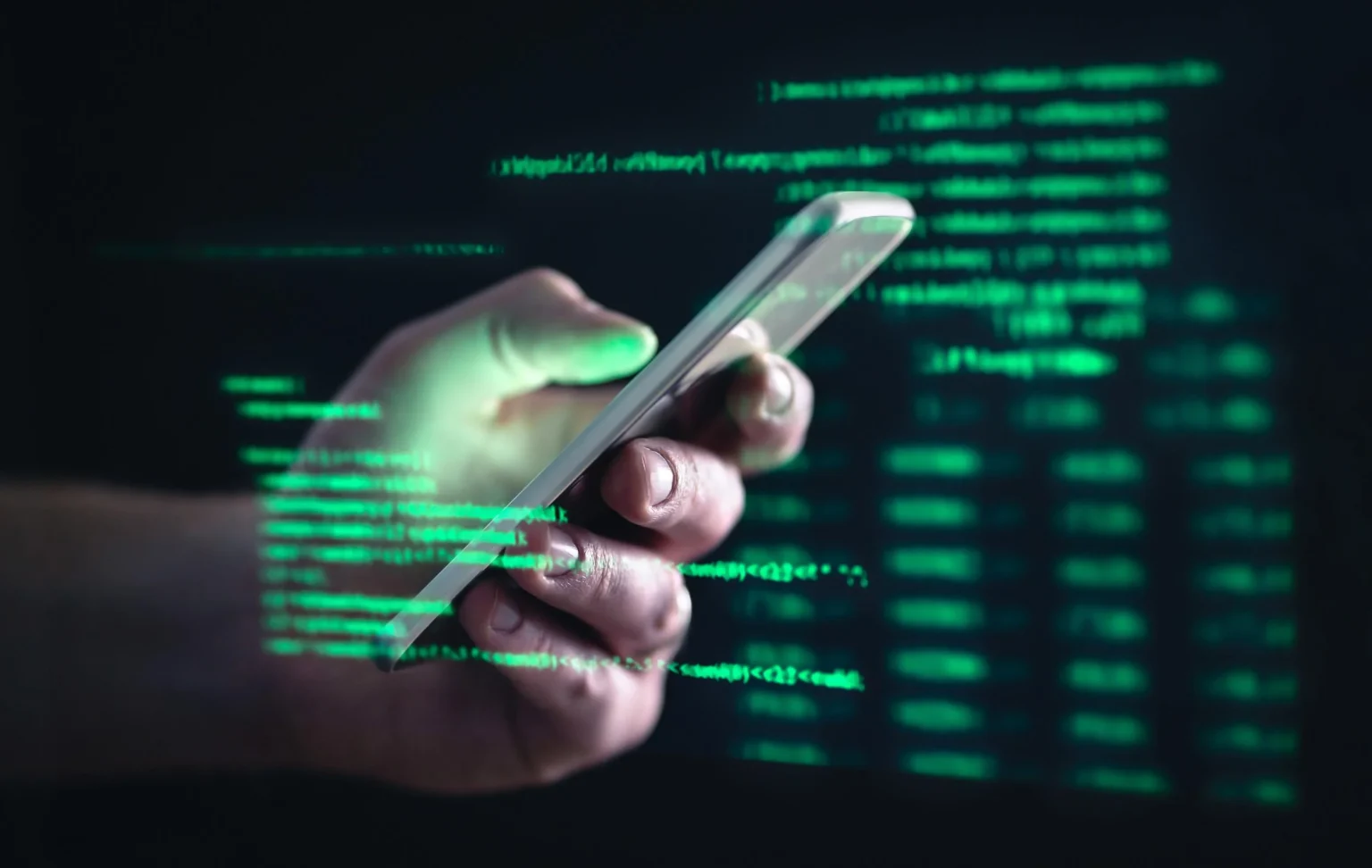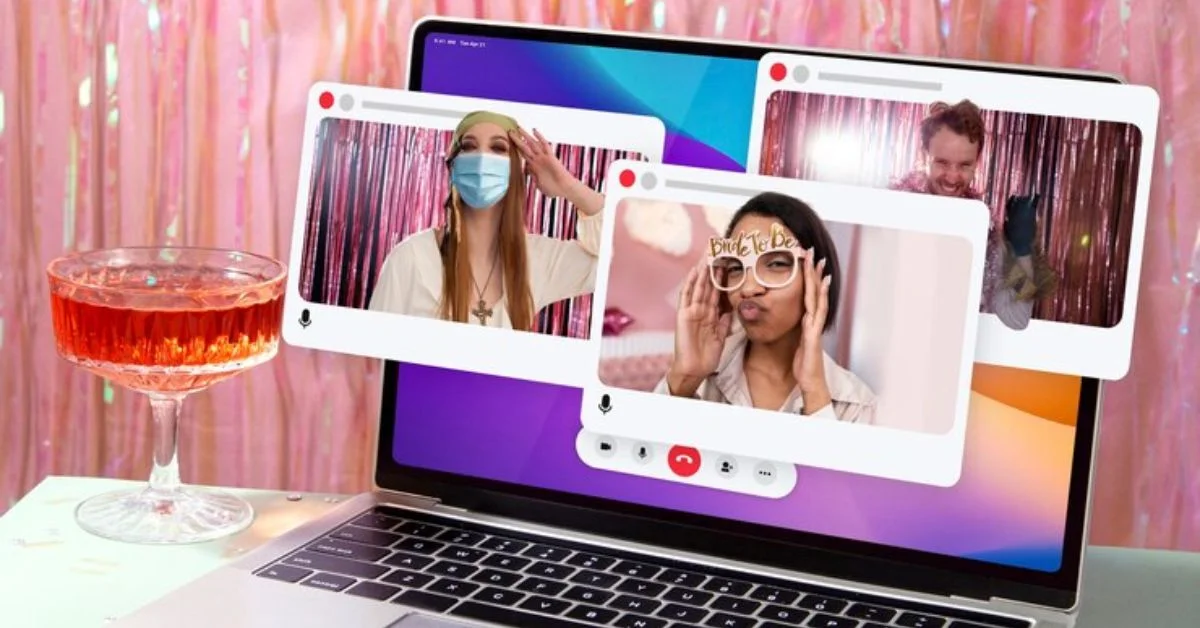Introduction: A New Kind of Emotional Technology
In recent years, a new wave of AI applications known as romance chatbots has spread quickly across Western and Asian markets. Unlike simple chatbots that answer questions, these systems attempt to mimic real human relationships, creating emotional connections that feel deeply personal. They are designed to simulate the speech, personality, and behavior of a partner, friend, or even a deceased loved one.
To some, this technology represents a remarkable step in emotional companionship. To others, it signals the beginning of a troubling illusion — a “fake intimacy” that could change how society understands connection, grief, and human vulnerability.
How Romance Chatbots Work
Most romance chatbots are powered by large language models such as GPT or Claude, combined with tools like voice synthesis and facial animation. Users can customize their virtual companions, choosing everything from name and appearance to personality traits and backstories.
Advanced platforms allow video avatars that simulate emotions and eye contact, creating interactions that feel more lifelike. Popular examples include Replika, Character.ai, and Flipped.chat, which are used worldwide.
Users often describe these digital partners as supportive and reliable, offering comfort without judgment. Unlike human relationships, these AI companions never withdraw or argue. Yet, the realism of these interactions also creates a blurred ethical boundary—especially when platforms allow the creation of replicas based on real people.
Comfort or Escapism?
Supporters believe AI companionship can help reduce loneliness, especially for people living alone or struggling with social anxiety. Following the isolation of the COVID-19 pandemic, many reported that AI partners helped them feel less abandoned. Some psychologists even suggest that chatting with AI could be a stepping stone toward real social interactions.
However, critics worry that these interactions can create emotional dependency. A study from the University of California, Santa Barbara, found that 32% of heavy users of AI romance apps reported less interest in forming relationships with real people. Another 18% admitted they preferred AI partners, largely because they do not reject or argue.
Experts warn that such relationships are one-sided and fully controlled by the user. Over time, this could harm people’s ability to handle the challenges of real relationships, leading to a distorted view of intimacy.
Digital Replicas of the Dead: Innovation or Ethical Breach?
The ethical debate becomes sharper when AI is used to recreate deceased loved ones. In countries like South Korea, the U.S., and China, companies now offer “digital mourning” services, where voice notes, photos, and texts are used to build AI versions of the departed.
A famous example came in 2023 when South Korean TV aired Meeting You Again, showing a mother interacting with an AI recreation of her late daughter. The broadcast drew millions of viewers and sparked emotional debate. Some saw it as comforting and healing, while others viewed it as exploitative and unsettling.
Ethics experts such as Dr. Shannon Vallor argue that these digital ghosts raise questions about consent, dignity, and posthumous rights. Psychologists also fear such interactions could prolong grief rather than help people heal, though more long-term research is needed.
A Legal Grey Zone
Despite the growing popularity of romance chatbots, laws remain unclear. Most countries do not have specific rules about ownership of AI-generated personalities, voice imitation, or emotional manipulation.
For example, the U.S. Deepfake Accountability Act focuses on politics and explicit content but ignores AI intimacy. Similarly, the EU’s GDPR has no direct guidelines for chatbots that simulate human relationships.
Most platforms rely on disclaimers, calling their products “for entertainment only.” This places responsibility on users while providing little protection for those who may be emotionally harmed. Legal scholars argue for urgent regulations to define user rights, ensure transparency, and prevent misuse.
The Cultural Impact of Artificial Love
Romance chatbots are not only changing technology; they are reshaping culture. In societies struggling with loneliness and disconnection, AI companions provide customizable, safe, and always-available relationships.
Yet this convenience forces society to ask hard questions: If people get used to partners who never say no, never disagree, and can be designed to their liking, are we changing the definition of intimacy itself?
True love involves compromise, uncertainty, and sometimes pain. While AI can imitate gestures, words, and memories of love, it cannot replicate the emotional depth and responsibilities that define human relationships.
Potential Benefits Worth Considering
Although many ethical concerns exist, romance chatbots are not entirely negative. For people with social anxiety, depression, or trauma, these tools may offer a form of support that traditional therapy cannot always provide. They may help individuals practice communication skills or ease feelings of isolation during difficult times.
In some cases, AI companions might also serve educational or therapeutic purposes, teaching people how to manage emotions, express feelings, or prepare for real-world relationships.
Conclusion: Where Do We Go from Here?
Romance chatbots are not going away. They represent both a technological milestone and a cultural challenge. While they can provide comfort, they also risk commodifying affection and distancing people from the richness of real human connections.
The key lies in responsible development—creating clear laws, ethical standards, and cultural conversations around their use. Humans value intimacy because it is unpredictable and irreplaceable. If love becomes something that can be downloaded or subscribed to, we must ask: are we still experiencing love, or only an imitation of it?










